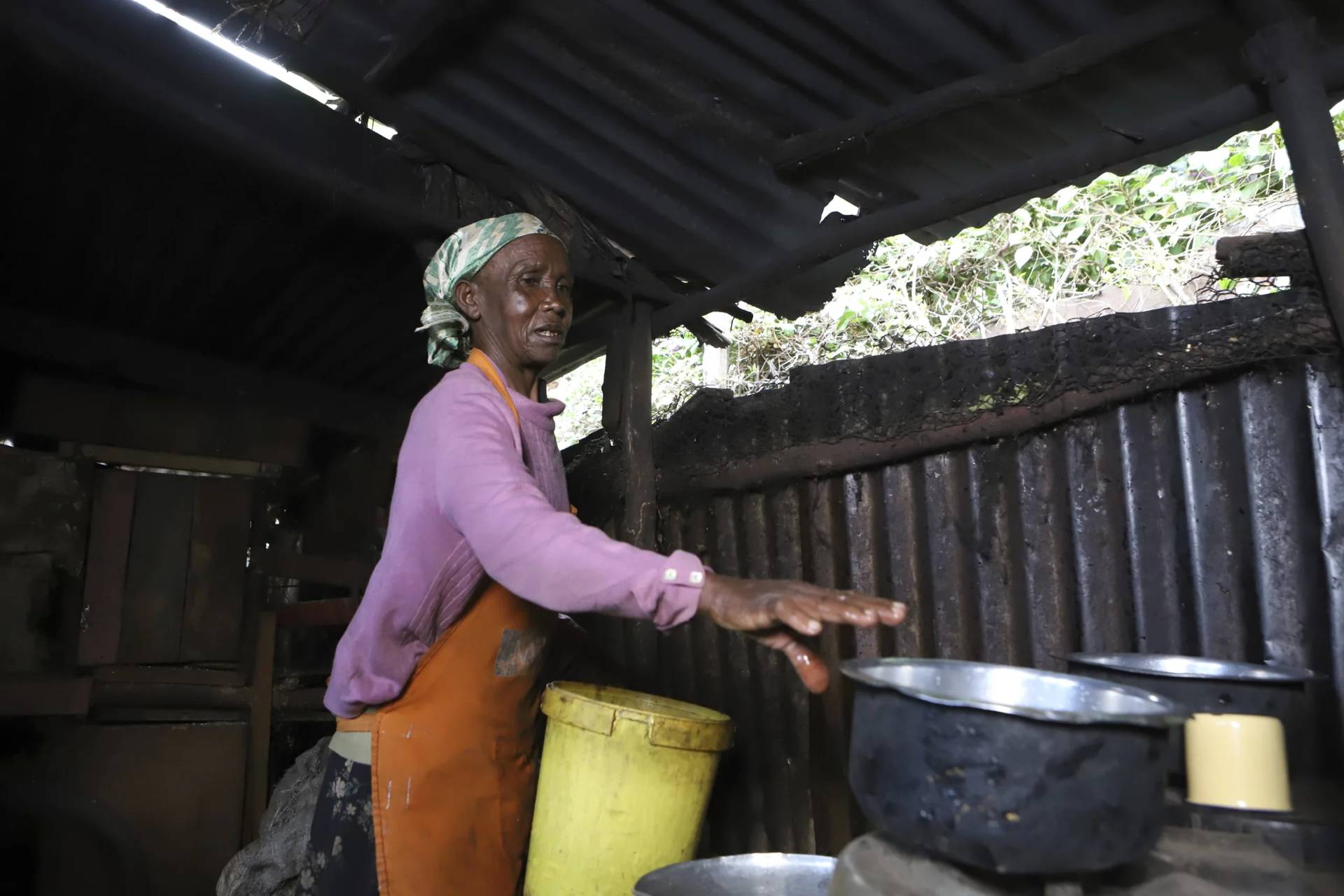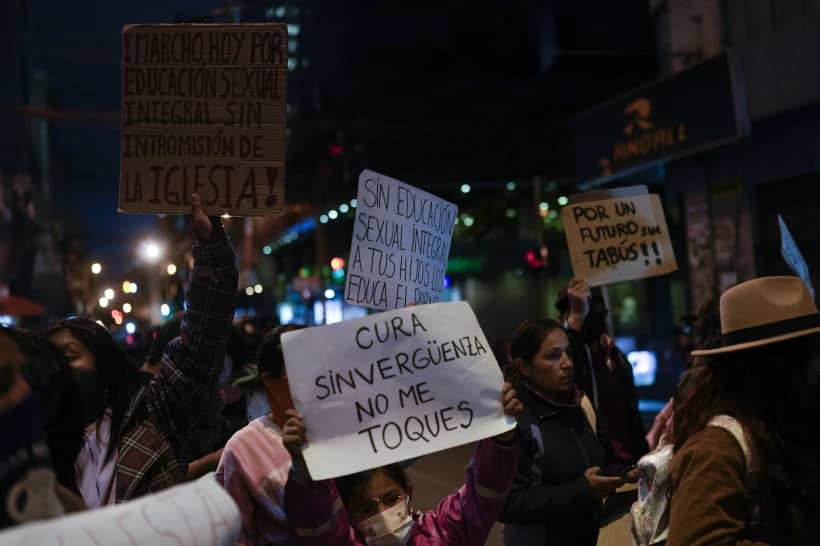ROME – After Pope Francis sparked a wave of controversy for using an off-color gay slur, he now appears to be attempting to mend fences, offering reassurances to a homosexual man turned away from seminary and writing the preface to a book by a prominent LGBTQ+ activist priest.
On June 4, the Italian version of Jesuit Father James Martin’s book, “Come forth: The promise of Jesus’s Greatest Miracle,” was published, including a preface written by Pope Francis.
The book, published in English in September 2023, offers an extended reflection and analysis of the biblical account of Jesus raising his friend Lazarus from the dead, and telling him to come out of the cave where he had been buried.
Martin, editor at large for America Magazine and famous for his support of the Catholic LGBTQ+ community, explores various aspects of the passage and the figure of Lazarus in art and culture, focusing on the story as an example of how God’s presence can transform people and offer them new life.
In the preface, Pope Francis hailed Martin’s book as “always fascinating and never predictable,” saying Martin was able to make “the biblical text come alive.”
Stressing the importance of reading the bible daily, Francis said God speaks through scripture, a fact he said “should give us a little jolt each and every day.”
As he has in the past, he urged believers to carry a version of the Gospel with them, either in a pocket or handbag, or on a smartphone, as a source of reflection for the ups and downs of every day.
“Actions like these will help us grasp the extent to which Scripture is a living body, an open book, a vibrant witness to a God that is not dead and buried on the dusty shelves of history,” the pope said.
Francis said the book brings readers directly into the story of one of Jesus’s closes friends and stressed that each and every person is a friend of Jesus.
Sometimes people are “dead” in figurative sense “on account of our sins, our failings and infidelities, the despondency that discourages us and crushes our spirits,” he said, saying Jesus is not afraid “to get close to us – even when we ‘reek’ like a dead body that’s been buried for three days.”
Jesus, he said, is not afraid of sin or death, but rather waits “outside the closed door of our hearts, that door that only opens from within, that we lock with a double bolt whenever we think God could never forgive us.
Pope Francis said Martin’s book illustrates how believers can “practically feel the profound meaning of what Jesus does when He finds Himself before a dead man who is really dead, whose body gives off a nasty odor – a metaphor of the moral rot that sin produces in our souls.”
“Jesus isn’t scared of coming close to sinners – to any sinner, even the most brazen and undaunted,” the pope said. Rather, Jesus’s only concern, he said, is that “no one goes missing, that none are deprived of the possibility of feeling the loving embrace of His Father.”
According to Italian media, Pope Francis also apparently recently responded to a young man named Lorenzo Michele Noè Caruso, 22, who said he was rejected from the seminary for being gay.
Pope Francis caused a wave of controversy after a report was published in Italian blog Dagospia saying the pontiff had used a distasteful slur for homosexuals during a recent session with members of the Italian Bishops Conference (CEI).
During the May 20 closed-door meeting, Francis apparently spoke of homosexuality in seminary life, saying there was too much frociaggine in seminaries, loosely meaning “faggotry.”
The comment was leaked to the press and generated immediate backlash against the pope, including from some who were shocked to hear that the pope famous for the quip, “Who am I to judge?” and who has been seen as a champion of LGBTQ+ inclusion in the Catholic Church, apparently used such crude terms.
The Vatican released a mild apology May 28, saying the pope reiterated his stance that “in the Church there is space for everyone, for everyone! No one is useless, no one is superfluous, there is space for all. Just as we are, everyone.”
“The pope never intended to offend or express himself in homophobic terms, and he apologizes to those who felt offended by the use of a term, as reported by others,” the statement said.
According to Italian newspaper Il Messaggero, after hearing the pope’s remark, Caruso wrote a 3-page email to the pontiff explaining his own story, and how he was bitter at being turned away from the seminary and disappointed by the pope’s remark.
Caruso apparently told the pope that he and many others like him “live on the margins of the Church, often forced to hide because they are excluded from the community or forced to pay the high price of rejection for their sincerity.”
He spoke of his work as a catechist, the deep call he had felt to the priesthood, and his disappointment at being rejected over the fact that he was gay.
Referring to the ongoing Synod on Synodality, during which the inclusion of LGBTQ+ Catholics has been a major talking point, Caruso reportedly said he trusts the process as “a turning point to walk together under the light of Christ, where no one is rejected and everyone is an expression of God’s plan for our Church.”
Caruso also asked that Italian bishops review “the ban on admission to the seminary of homosexual people,” saying many young people “feel lost in a Church that often seems to be tied to a toxic and elective clericalism, where only some deserve to be welcomed and where others are excluded as false Christians.”
Pope Francis apparently wrote a handwritten letter that was scanned and attached to an email responding to Caruso’s own email on June 1.
According to Il Messaggero, the pope thanked Caruso for reaching out, saying he was struck by the phrase, “toxic and elective clericalism.’”
“It’s true! You know that clericalism is a plague? It’s an ugly ‘worldliness’ and as a great theologian said, ‘worldliness is the worst that can happen to the Church, even worse than the era of concubinary popes,’” he said, referring to the writings of Swiss theologian Hans Urs von Balthasar.
Francis reiterated his position that “Jesus calls everyone, everyone,” telling Caruso, “go forward with your vocation. I pray for you, please do it for me (I need it).”
Follow Elise Ann Allen on X: @eliseannallen















